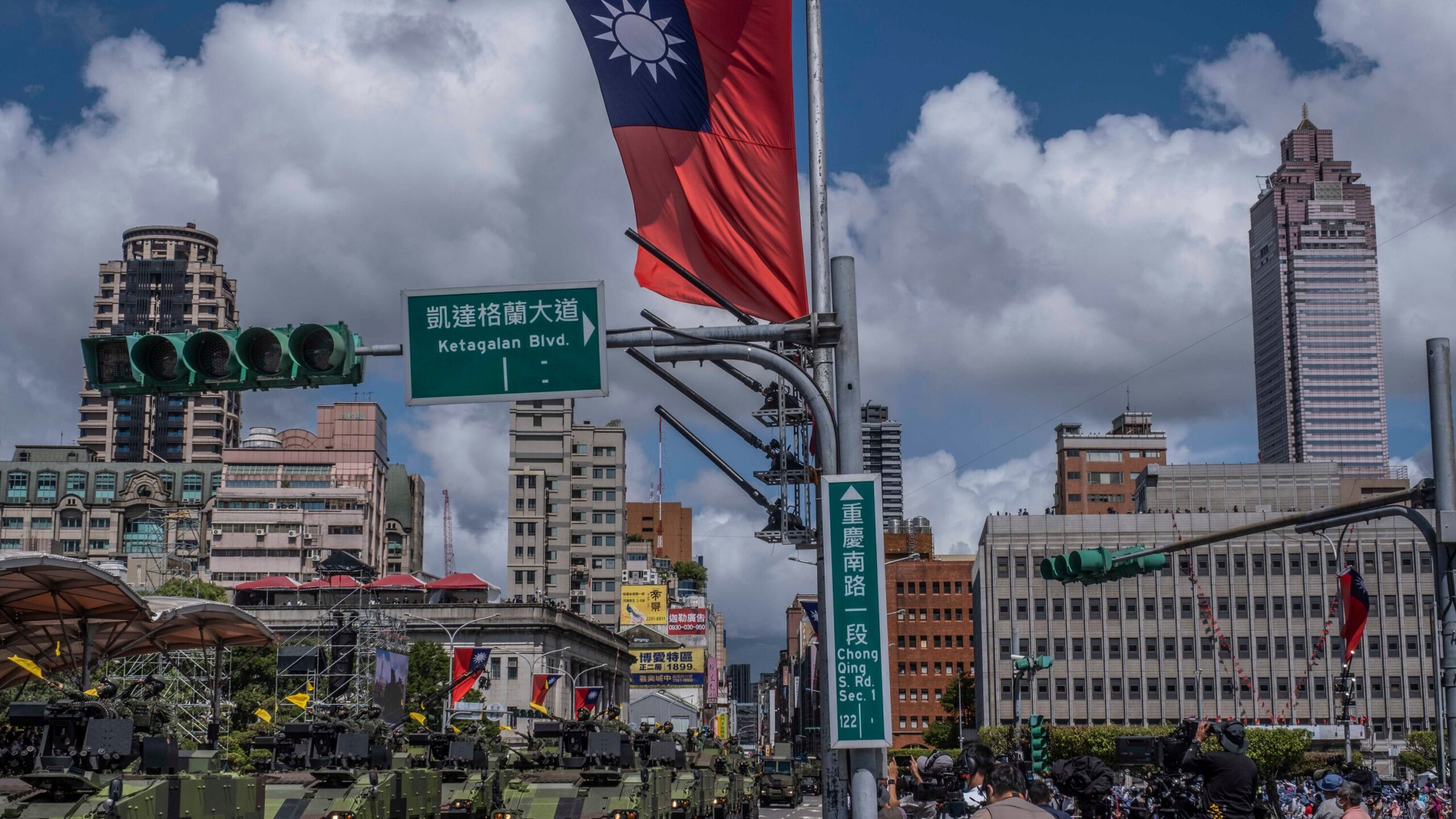What is the difference between the territory and the nation of Taiwan? Taiwan’s national identity has changed over the years and is defined by many things – its climate, rivers, aboriginal peoples, and prickly political relationship with China. This article will explore some of the key differences between the territories and the nations of Taiwan. But before we get into the differences, let’s quickly define the national identity of Taiwan. After all, this is a place unlike any other in the world.
Taiwan’s national identity
In the past decade, the debate over Taiwan’s national identity has been raging for two main reasons. First, the current government has imposed an increasingly nativist and fundamentalist nationalist stance that has marginalized Taiwanese immigrants and their ties to the mainland. Second, the present government has forsaken the permanent hybridity of Taiwanese identity and the ongoing process of economic and human integration.
The insular nature of Taiwan explains a number of historical developments. Before 1600, the island was populated primarily by Austronesians, who numbered about 50 000 on its mountains and plains and 25 000 in its cities. The Dutch colonized the island during the 16th century, and during that period General Koxinga established a Chinese regime against the Manchus. While Taiwan’s nativity allowed a minority of Chinese to settle there, it prevented a widespread Chinese presence.
This progress of Taiwanese identity has impacted the lives of many people living on the island. In the past two decades, the number of Taiwanese has been nearly constant. Today, forty percent of Taiwanese people consider themselves Taiwanese. And forty-five percent of mainlanders say that they are both Taiwanese and Chinese. In 1997, forty-nine percent of mainlanders born between 1968 and 1981 declared themselves to be Taiwanese, compared to 27.6% who were born before that year.
In recent years, Taiwanese nationalism has become more assertive and vocal. The PRC’s hostility towards Taiwan has strengthened local political forces that promote Taiwan nationalism. Currently, Taiwanese nationalism has become more radical and discriminatory, and is increasingly favoring the native population over the mainlanders. Further, Taiwanese nationalism has become more fundamentalist than ever. It is therefore essential to understand the historical context in which Taiwanese identity has been forged.
Its rivers
Many cultures have long celebrated the power of nature and the beauty of Its rivers. Ancient cultures travelled thousands of miles to bathe in sacred river waters and scatter the ashes of deceased loved ones to bring luck and prosperity into the next life. Likewise, ancient cultures recognized the importance of rivers and protected them. Communities shaped their lives around water’s natural ebbs and flows and lived by the rivers’ laws. Today, river health is as important as ever.
Its aboriginal tribes
The Japanese occupation of Taiwan in 1894 was a tragic event for the island’s aboriginal people. The Japanese forces waged a campaign against the Taroko, or Truku, people, killing at least 10,000 of them. The Japanese hoped to exploit the island’s natural resources, pacify Aborigines, and nationalize their lands. Those intentions failed. Taiwan’s aboriginal people are still struggling today and will remain so for the rest of their lives.
Taiwan’s indigenous tribes date back thousands of years. Although one in every fifty Taiwanese is officially aboriginal, most of us have some aboriginal heritage. All thirteen tribes speak Austronesian languages and each has its own language, although many young aborigines do not know their ancestral tongues. Aborigines are a unique cultural experience that should be enjoyed and respected as much as possible. In addition to preserving the island’s rich history, aboriginal tribes are a great way to experience Taiwan’s unique culture.
In April 2007, three aborigines from the Smangus tribe were found guilty of theft and moved to a tourist-oriented village. The government claims the move will help alleviate water shortages among the aborigines. The tribe hopes that the recent ruling will influence the court to amend the guilty verdict to find them not guilty. A recent CD featuring the songs of each tribe was a hit, and they have toured the world as part of the promotional tour.
According to the Taiwan government, the island’s native people have been living on the island for ten thousand years. Archeological evidence reveals that people first settled the island in outrigger canoes, arriving in Taiwan 6,000 years ago. The Layan were related to the early inhabitants of Southeast Asia and the Philippines. There is no doubt that the ancient indigenous peoples of Taiwan had a long, arduous journey to the island, but their descendants are the first to settle it.
Its political status
Taiwan’s political status is a subject of intense controversy. Historically, it was part of China until the late seventeenth century. After the First Sino-Japanese War, China ceded Taiwan to Japan. Afterward, the Japanese on the island surrendered to the Chinese. The island was then under the control of the Republic of China (PRC) at the end of World War II. In 1949, however, a civil war broke out between Mao Zedong’s communist forces and Chiang Kai-shek’s Chinese nationalists. As a result, the ROC fled to Taiwan and declared itself the People’s Republic of China. Afterwards, the PRC had a military presence in Taiwan and claimed the island for itself.
The United States and UK have consistently argued that the ROC is a sovereign nation and is thus eligible for UN trusteeship. They claim the ROC complies with the UN Charter and the Potsdam Declaration, and the Republic of China has a constitutional obligation to protect the rights of Taiwan’s people. As a founding member of the United Nations, the ROC has the responsibility to follow the UN Charter and provide the people on Taiwan with their right to self-determination.
The United States is the only country that has diplomatic ties with both Taiwan and the PRC. These countries have varying degrees of support for Taiwan, despite the fact that Taiwan is technically part of China. Beijing is attempting to persuade Taiwan to sign on to the United Nations’ ‘One China’ policy. This is not likely to happen, however, as the island’s sovereignty is up for negotiation. The United States, however, has remained firm in its recognition of Taiwan as an independent sovereign state.













